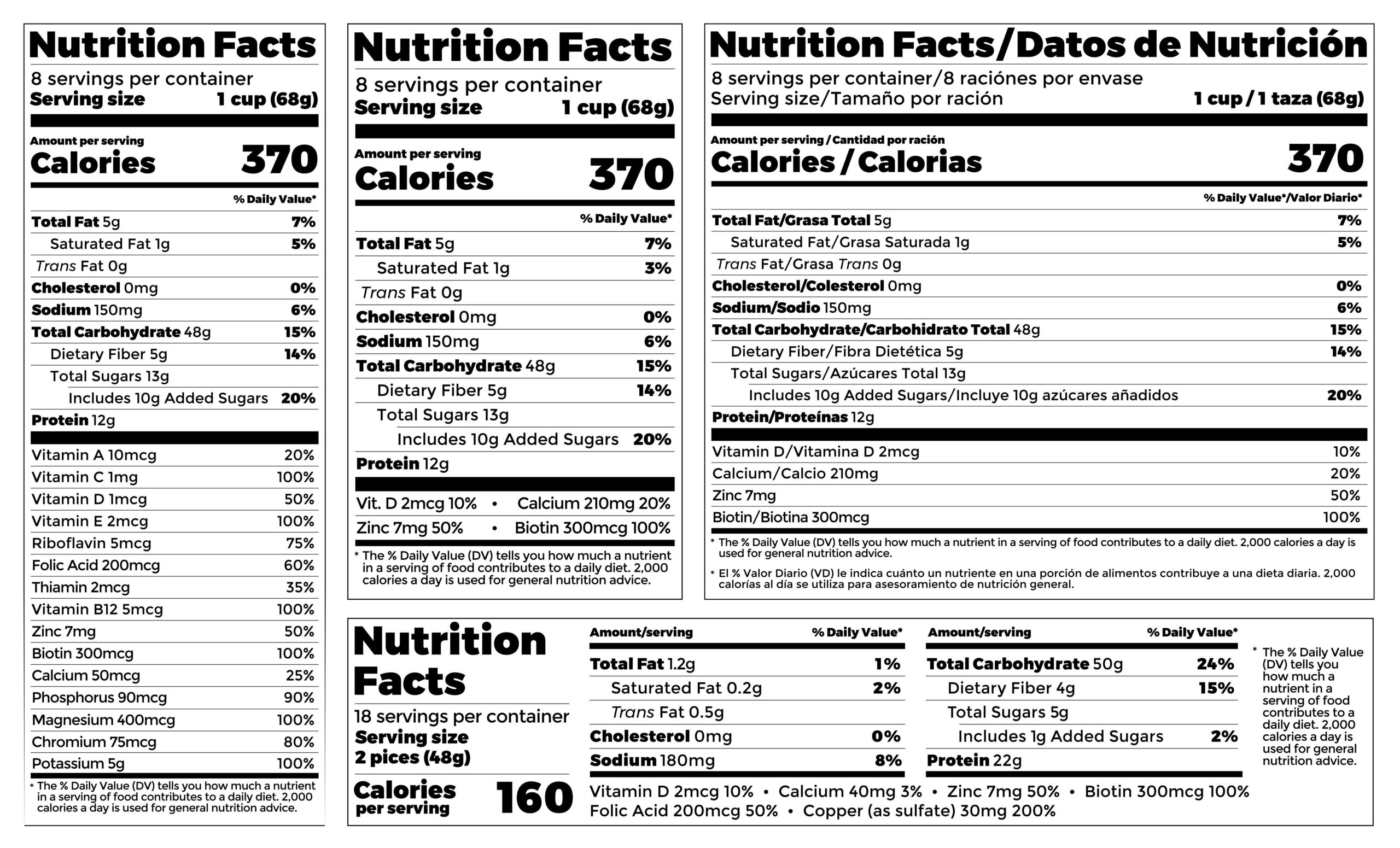March is National Nutrition Month, and the U.S. Food and Drug Administration is highlighting the importance of good nutrition for health, longevity, quality of life, and the prevention of many chronic illnesses. According to the FDA, more than a million Americans die each year from diet-related diseases like cardiovascular disease, diabetes, and certain forms of cancer. To combat high rates of preventable illnesses and help consumers make better food choices, the FDA is enhancing its food labelling and nutrition education efforts.
To help improve the quality of life for Americans while lowering health care costs, eating a healthy diet rich in fresh fruits and vegetables, low-fat dairy, whole grains and healthy oils is essential. Along with promoting regular exercise and stopping smoking, having healthier food choices and educating consumers about food labelling help to support a better quality of life for all citizens.
As a step in the right direction to create a healthier food supply, the FDA established voluntary short-term sodium reduction targets for packaged foods in October 2021. It is estimated that Americans consume on average 3,400 mg of sodium per day – but the dietary guidelines recommend limiting sodium intake to less than 2,300 mg per day; the equivalent of about 1 tablespoon of salt. Excess sodium consumption is linked with an increased risk of heart attacks and stroke.
Food labelling and understanding also play an important role in helping to drive producers to create healthier options. When trans fats were required to be declared on Nutrition Facts labels, there was an 80 percent reduction in trans fats in the food supply. The FDA recently required companies to declare added sugars in food products. Certain menus and menu boards also require calories to be listed – helping consumers make healthier choices when eating out.
To guide older adults and their food choices, the MyPlate tool was developed through a partnership between the AARP Foundation and Tufts Jean Mayer USDA Human Nutrition Research Center on Aging. Nutrition requirements change as we age, metabolism slows and our ability to absorb certain nutrients becomes less efficient. Choosing healthy combinations of foods and beverages, along with getting regular exercise, can help support optimal aging and prevent chronic illness and obesity.






Add Your Voice
0 Comments
Join the Discussion